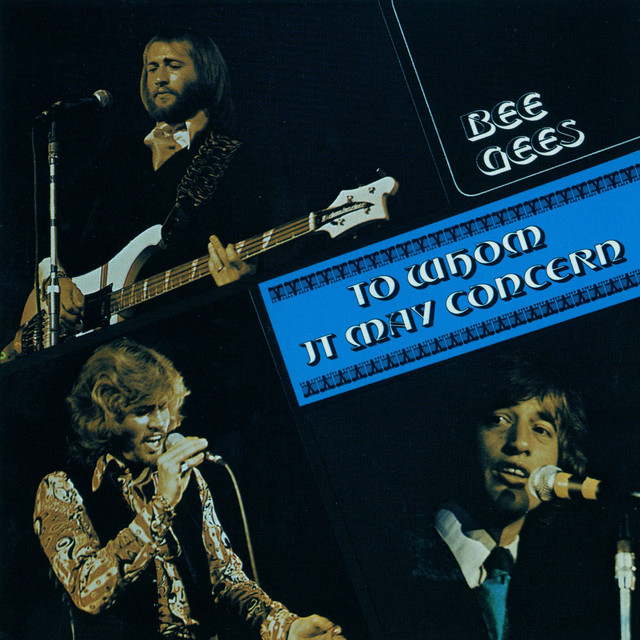
Rediscovering a Gentle Classic: Enjoy “Run To Me” by the Bee Gees (1972)
In the heart of the early 1970s—a decade marked by musical exploration and profound melodic storytelling—the Bee Gees released one of their most heartfelt ballads, “Run To Me”. First released in 1972, this track remains a testament to the trio’s versatility and emotional depth, showcasing not only their distinctive vocal harmonies but also their ability to connect with audiences in a sincere, almost timeless manner.
To the casual listener, the title might suggest just another love song from a band known more popularly for their disco-era dominance. But “Run To Me,” penned by brothers Barry, Robin, and Maurice Gibb, is much more than that. It’s an open-handed invitation of comfort and solidarity, written in an era when pop music was often used to reflect the deeper emotional states shared by a generation dealing with change, loss, and personal introspection.
Released as the lead single from their album To Whom It May Concern, “Run To Me” arrives as a gentle, piano-led ballad—uncluttered and emotionally present. The song brings Robin Gibb’s emotive tenor to the forefront, with Barry harmonizing in his warm baritone, creating the kind of familial vocal synergy the Bee Gees had become famous for. The instrumentation is minimalistic by design, not for a lack of ability or ambition, but for an adherence to the quiet emotional currents the lyrics convey.
The lyrics of “Run To Me” speak with a sentiment reminiscent of a close friend offering refuge: “Whenever you’re lonely, run to me / If you need a shoulder, now and then.” There’s an earnestness here, and a purity of intent, that reflects the best qualities of the Bee Gees’ earlier works before the glittering heights of their later disco fame in the mid-to-late 1970s. It reveals a side of the group that is often overlooked: their role as sophisticated songwriters who were as capable of crafting poignant moments as they were of setting dance floors alight.
In a time when music is increasingly used as background noise, to hear something as thoughtfully constructed and as sincerely delivered as “Run To Me” is a chance to pause and reflect. It recalls a period when songs invited listeners not just to move, but to feel—to draw strength from shared emotions and the powerful simplicity of a well-placed lyric.
Even decades later, “Run To Me” maintains its quiet power. Whether revisited as a touchstone of the early ’70s or discovered fresh by a new generation, it stands as a soft-spoken classic—an intimate expression of care, empathy, and enduring musical craftsmanship. For both lifelong fans and new listeners alike, engaging with this song is akin to opening an old letter—personal, resonant, and filled with a kind of grace that doesn’t age.